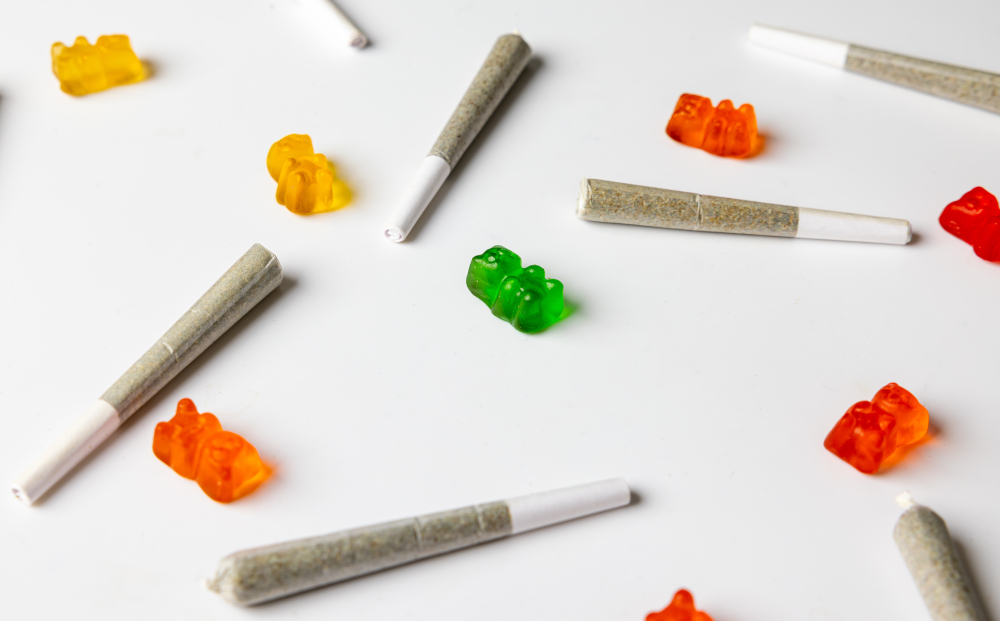A Czech hemp industry group has warned that dodgy producers are circumventing the law by selling illegal intoxicating novelty collectibles that contain hemp-derived compounds.
The CzecHemp cluster called on legislators and authorities to set a legal framework for HHC and THCP, saying the illicit products present “a number of serious risks and problems.”
In a statement, the stakeholder group said laws and rules are needed to control of the production and sale of consumable products containing the compounds, which are not specifically illegal on their own, but may not be put into consumable products under existing rules for food and smokable substances.
Synthetic
HHC and THCP are similar to delta-8 THC in that they are synthetically produced from hemp-derived CBD. Delta-8 has grown into a massive problem in the United States, where it is the subject of lawsuits, restrictive legislation and sharp internal debate among CBD producers.
Delta-8 THC is not a problem in the Czech Republic because it is specifically listed alongside delta-9 THC as illegal. But producers are turning out snacks such as “candy, gummies, lollipops, cookies and others,” and smokable forms of HHC and THCP and marketing the products as collectibles – illegal under the Czech General Product Safety Act.
“We warn the seller that although the product is formally labeled as ‘non-food,’ its form, presentation or sale clearly indicate that it is intended for internal use,” the group said in a statement.
Smokeables
Similarly, sales of “collectible” electronic cigarettes, e-liquids refills or pre-filled cartridges, pre-packaged joints, and dried flowers laced with semi-synthetic cannabinoids are also illegal, under the country’s directive on tobacco and related products, CzecHemp said.
While HHC and THCP are naturally present in trace amounts in the cannabis plant itself, synthetic forms of the substances that are being sold in the Czech Republic, ostensibly for recreational use, contain much higher concentrations, CzecHemp observed.
Citing ethics and social responsibility, health risks, and rule of law, CzecHemp said: “As part of our commitment to product safety and quality, we emphasize that sellers should always prioritize the health of their customers and actively minimize known risks associated with their products.”
Health risks
As new substances on the market, the compounds are insufficiently researched, with little information available on short-term and long-term effects on human health, CzecHemp said. HHC and THCP even in relatively small doses “can strongly affect motor and cognitive abilities and induce an altered state of consciousness for several hours,” the group said.
The compounds “are produced by the industrial chemical conversion of other cannabinoids and actually have nothing to do with cannabis. They are of unclear origin and quality and may pose an extraordinary risk to public health.
“Contamination with either extraction residues or synthetic by-products may pose additional unforeseen risks to the user’s health. The products may also contain traces of heavy metals originating from incorrect manufacturing procedures,” according to the statement.
Read the full article here

